Contact us
Dongguan Juneng New Energy Technology Co., Ltd.
137 5142 6524(Miss Gao)
susiegao@power-ing.com
Xinghuiyuan High tech Industrial Park, Dalang Town, Dongguan City, Guangdong Province
Why Do Industrial Robots Need to Replace the Main Battery? Which Batteries Are Available?
time:2024-11-27
Industrial robots play an important role in the field of production and manufacturing, and the main battery, as one of its power sources, is directly related to the running efficiency and stability of robots. With the passage of time, the main battery will have problems such as aging and capacity attenuation, so it needs to be replaced regularly. This article will discuss why industrial robots need to replace the main battery and which battery types can be selected to help users understand how to maintain and improve the performance of industrial robots.
1. Why replace the main battery?
1.1 battery aging
- with the increase of service time, the main battery will gradually age, resulting in problems such as battery capacity decline and slow charging speed, which will affect the working efficiency and stability of the robot.
1.2 capacity attenuation
- the attenuation of the main battery capacity will lead to the shortening of the working time of the industrial robot, which cannot meet the needs of long-term work. It is necessary to replace the battery in time to ensure the normal operation of the robot.
1.3 Security issues
- the aging of the battery will increase the safety risks such as overheating, leakage and short circuit of the battery. In order to avoid accidents, the main battery needs to be replaced in time.
2. Which batteries can be selected?
2.1 lithium battery
- lithium battery has the advantages of high energy density, light weight, fast charging speed, etc. It is a common choice for the main battery of industrial robots. Users can choose high quality lithium battery to ensure the stable power supply of the robot.
2.2 Ni-MH battery
- NI-MH battery has high charging and discharging efficiency and long cycle life, which is another optional battery type. It is suitable for industrial robots with high requirements on battery cycle life.
2.3 lead-acid battery
- lead-acid batteries have low cost and are suitable for some industrial robot application scenarios that require low battery cost. But relatively speaking, its energy density is low and the charging speed is slow.
2.4 super capacitor
- supercapacitors have the advantages of high power density, long cycle life, fast charging and discharging, and are suitable for industrial robots with high requirements for fast charging and discharging of batteries.
3.1 select a suitable battery
- when replacing the main battery, users should choose the appropriate one according to the power demand of the industrial robot, the use environment and other factors. Battery type and specification.
3.2 strictly follow the operating procedures
- when replacing the main battery, users should strictly follow the operating procedures to ensure safe and correct operation and avoid safety accidents caused by improper operation.
3.3 regular inspection and maintenance
- after replacing the main battery, users should regularly check the battery performance, charging status, connecting lines, etc., find problems in time and carry out maintenance.
Contact us
 Dongguan Juneng New Energy Technology Co., Ltd.
Dongguan Juneng New Energy Technology Co., Ltd.
 137 5142 6524(Miss Gao)
137 5142 6524(Miss Gao)
 susiegao@power-ing.com
susiegao@power-ing.com
 Xinghuiyuan High tech Industrial Park, Dalang Town, Dongguan City, Guangdong Province
Xinghuiyuan High tech Industrial Park, Dalang Town, Dongguan City, Guangdong Province

CUSTOMER SERVICE

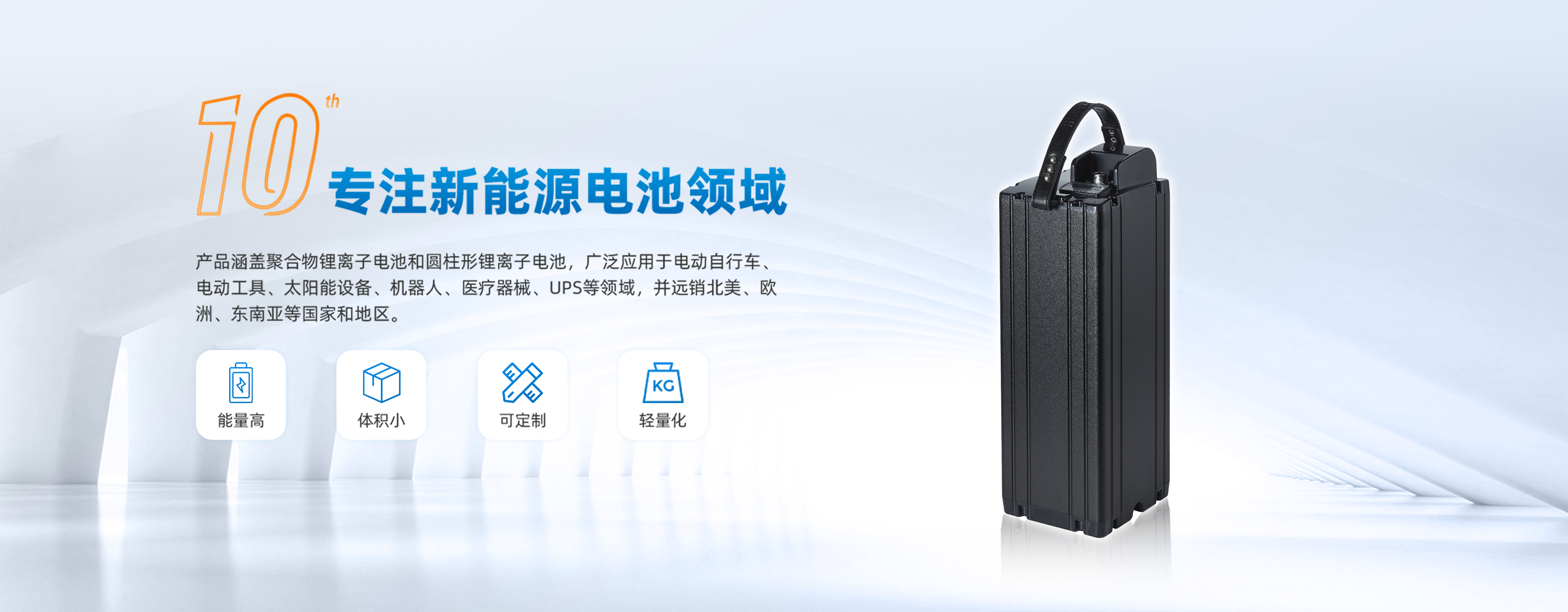
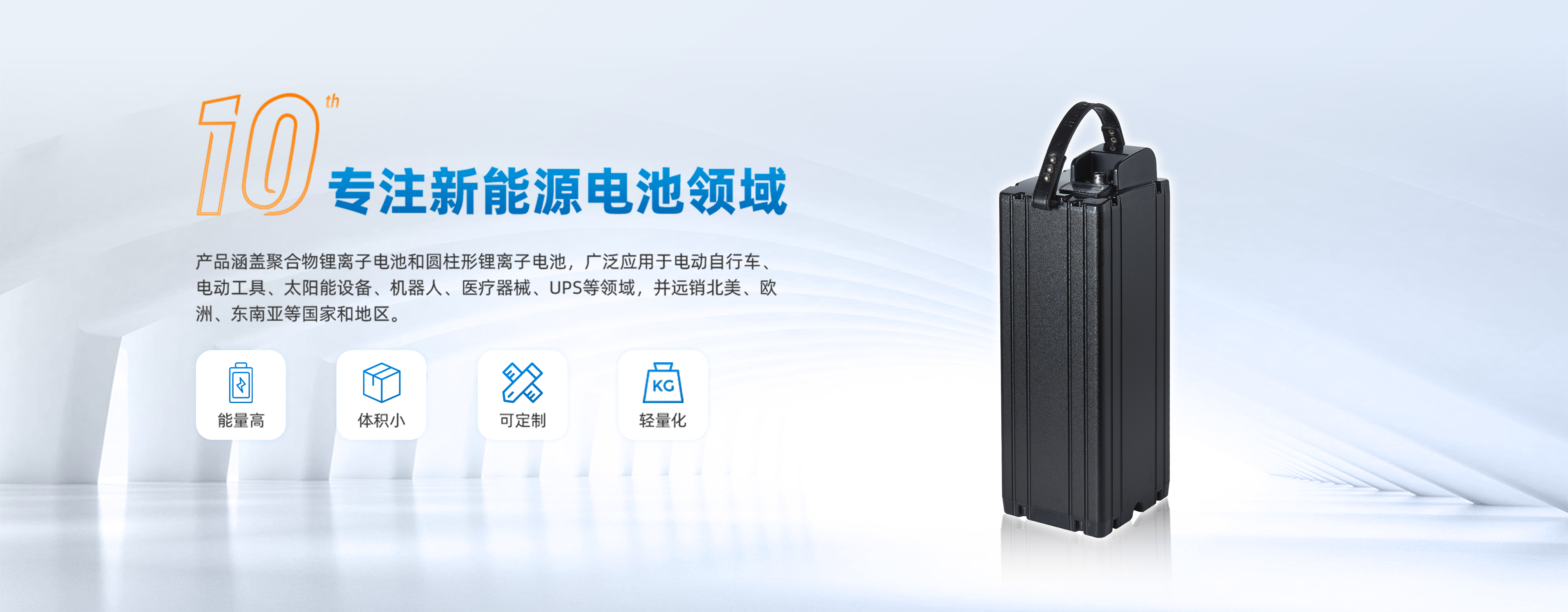
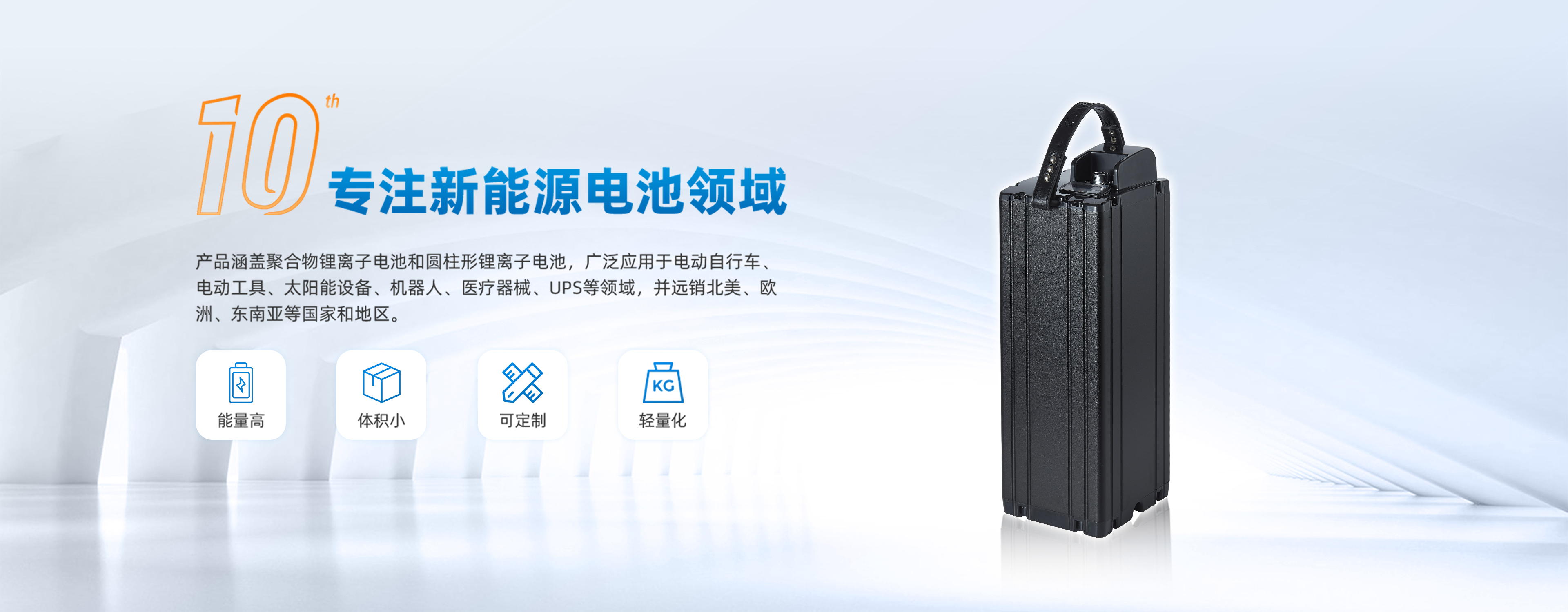



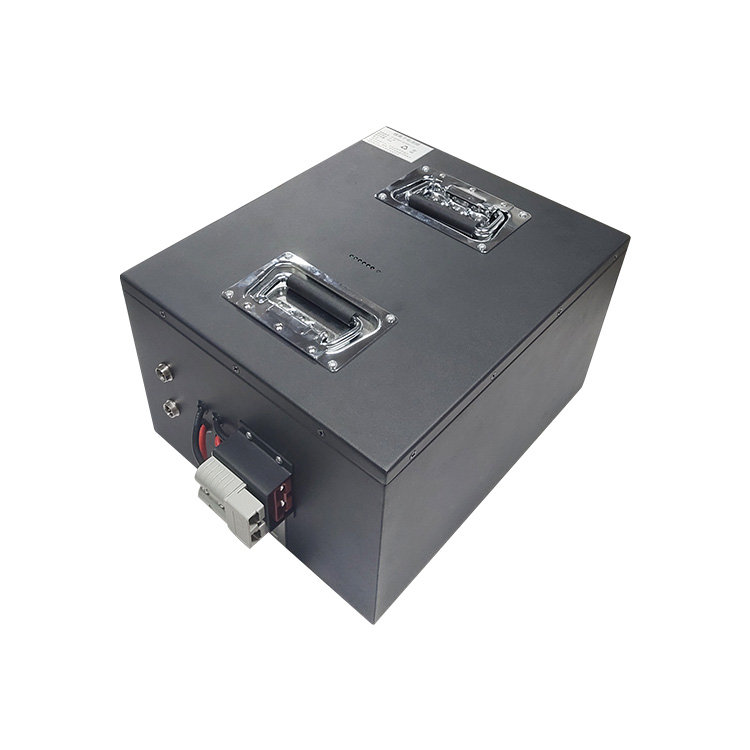


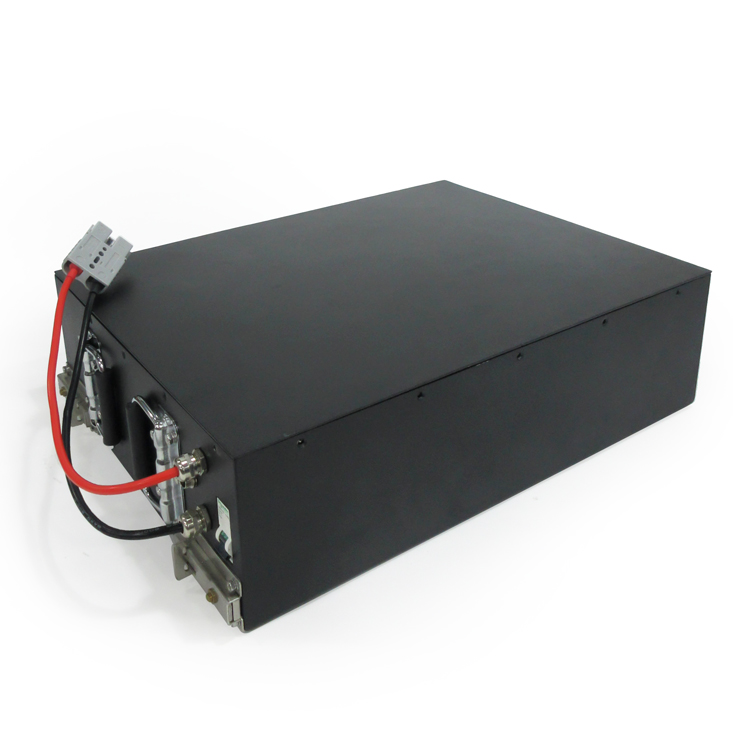

 Yue Gong Wang An Bei No. 4419002007491
Yue Gong Wang An Bei No. 4419002007491